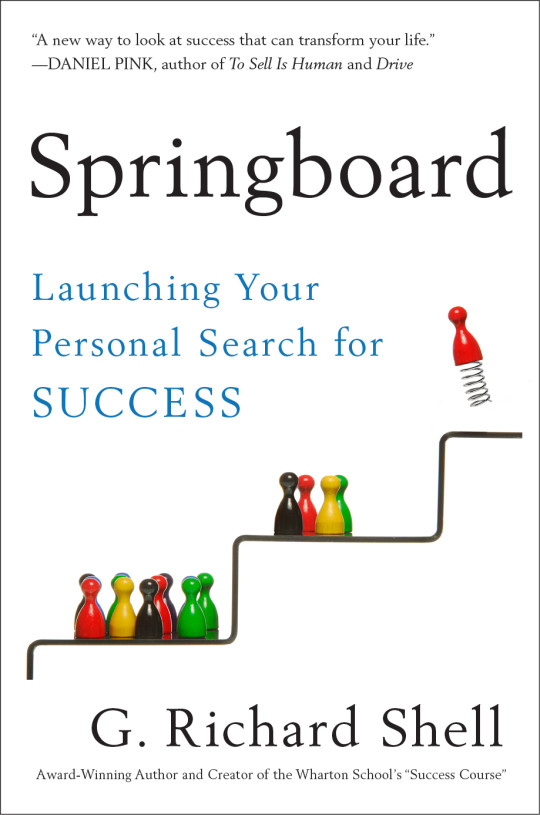BEN’S INTERVIEW WITH G. RICHARD SHELL, JD
 On November 22, 2013, we had an engaging Q&A Interview with G. Richard Shell, JD, Thomas Gerrity Professor of Legal Studies and Business Ethics and Management at the Wharton School at the University of Pennsylvania, teacher of the wildly popular, university-wide Wharton success class, and author of t
On November 22, 2013, we had an engaging Q&A Interview with G. Richard Shell, JD, Thomas Gerrity Professor of Legal Studies and Business Ethics and Management at the Wharton School at the University of Pennsylvania, teacher of the wildly popular, university-wide Wharton success class, and author of t
he new book, Springboard: Launching Your Personal Search For Success.
TO RECEIVE THE RECORDING, submit your name and email address here:.

 When you consider that job satisfaction is a critical element of well-being and overall life satisfaction, this is indeed a striking finding. Why have so many people found themselves in careers that leave them feeling empty and unfulfilled? According to Wharton Business School professor Richard Shell, they may not have asked the right questions of themselves at the start.
When you consider that job satisfaction is a critical element of well-being and overall life satisfaction, this is indeed a striking finding. Why have so many people found themselves in careers that leave them feeling empty and unfulfilled? According to Wharton Business School professor Richard Shell, they may not have asked the right questions of themselves at the start.

